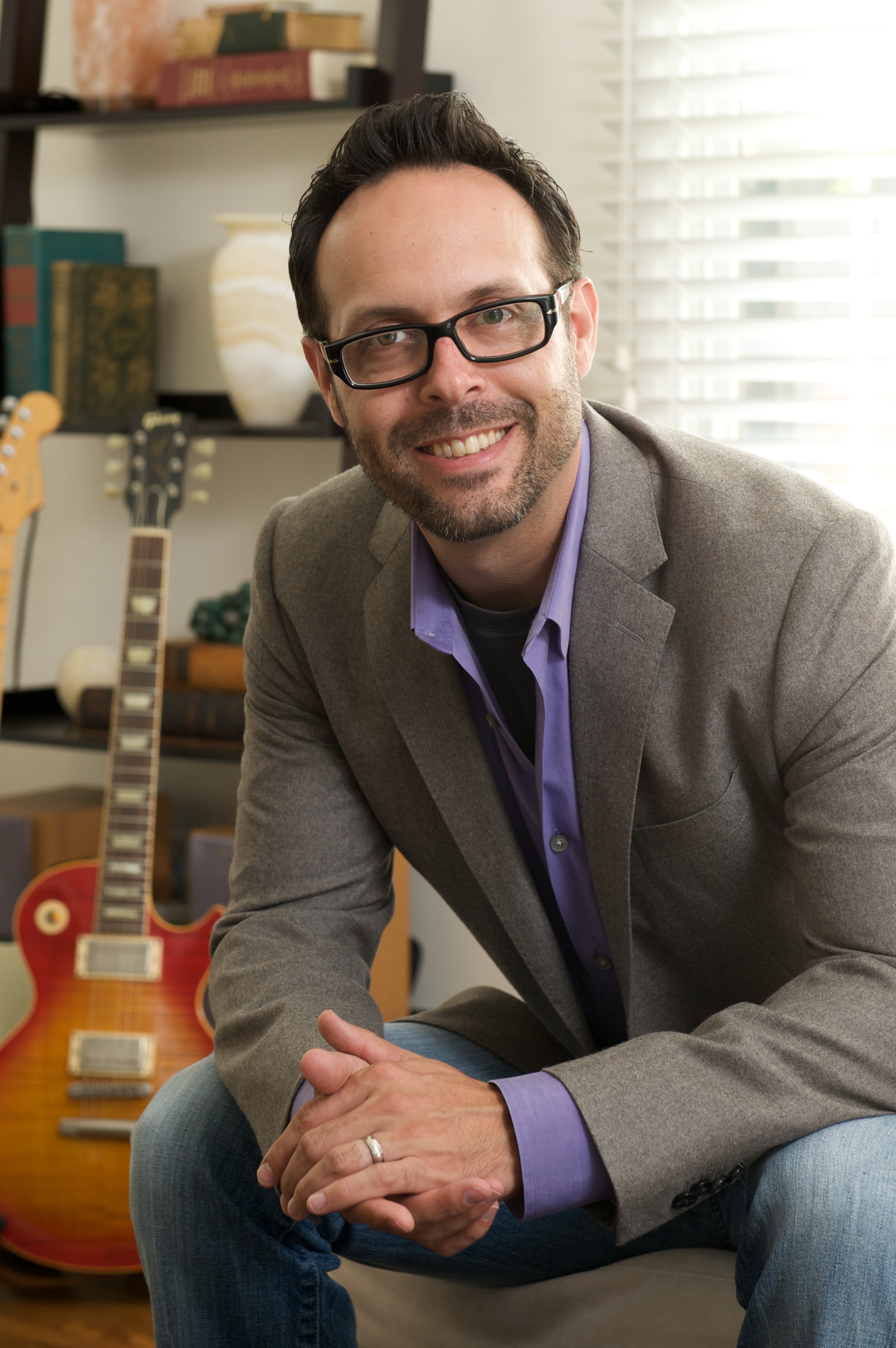Teaching music or a music industry skill allows the instructor to apply his or her own music industry know-how, while still working a much less volatile gig than, say, making it big as a rock star. What’s more, private instructors can make serious bank through their practice over time and with the right clients. Music Connection gathered five instructors, from colleges and private businesses, and asked about the art of getting through to students, shaping an array of future success stories in the classroom and how to get into the profession.
by Jessica Pace
 Tim Guille
Tim Guille
All Play Music
[email protected]
Tim Guille teaches multiple instruments through his private business and has offered his tips on succeeding as a private instructor to Music Connection readers. He started out as a musician himself, then founded All Play Music in 2005. He also composes and produces music for film and television.
How did you become a teacher
I did a lot of studying on how people learn and how kids learn. When I was a kid my mom set me up with piano lessons, and I didn’t learn any songs I liked. When a neighbor gave me a guitar, I started learning songs right away that I loved. As I started teaching, that was my approach. Teach music the same way someone learns a new language. First, teach them what’s usable to them. Teach them songs they really enjoy, and later teach them the phonics of music, the reading and writing.
Is there a learning curve to teaching an instrument
I train a lot of teachers, and it’s all about personality—you have to have one that is high-energy, enthusiastic, positive and patient. The actual musical concept comes secondary to the experience a student gets. That’s proven from a teacher’s personality and energy. Even with adult students, they feed off the energy from a teacher.
How do you make a living from private instruction
Everything I’ve done has been based around a single concept: do what’s best for your student and what’s best for you. That trickles down into every aspect of your teaching. Teach popular instruments. By that I mean guitar, piano, drums and voice. Include bass, even though that’s not one of the most popular.
Teach kids. That doesn’t mean adults aren’t looking for lessons, they’re just terrible clients. Adults have very sporadic schedules, and you’ll get canceled on every week.
Then, focus on the market that can afford to pay you what you deserve. Focus on more affluent families with kids. That’s a bit controversial––“Oh, you only teach rich people?” But from a musician and business standpoint, I’m doing what’s best for my students. If I get paid adequately, I’m able to deliver what’s best for my student. Here in Los Angeles, it’s very easy to get paid $80 or $90 an hour for a high-end service. I’m living proof of that.
What advice do you give private music instructors
If you don’t overbook yourself, you deliver a high-end product. The hardest thing I run into with musicians—and this was me 10 years ago—is that we don’t value our time properly. We’re so used to having to hustle or justify why we get paid or not get paid at all, and we’re used to giving away our time.
I believe what we have to offer through music education is every bit as valuable as any other profession. We have the ability to change a child’s life for the better through our education. So don’t overbook yourself, so you have enough energy. That might mean you have to charge a little higher rate. Let’s say you teach 20 lessons a week at $90 an hour. I believe you can make a living off that.
What are the pros and cons of teaching independently versus with a school
The pro of teaching independently is you get to charge more. The con is getting clients. You have a hard time when first starting out. Also, the school might provide curriculums that would make it easier for you to teach. On your own, you do all that for yourself.
What is the biggest challenge
The most challenging stuff is dealing with the parents who mistreat their kids. What’s my role? How do I step in here? We’ve had instances where the company has literally had to intervene, because they’re just bad parents.
What is the most difficult type of student.
Teaching a student with learning disabilities has been one of my most rewarding experiences, but the actual teaching was just brutal, very difficult.
Do you prefer one-on-one or group teaching
I have done after-school group programs, and it’s a nightmare. Learning when there’s noise is hard for them. That said, it’s important for students to play together. Once they’ve already learned how to play something, they can come together as a group.
If you Skype, do it with adults, and keep those sessions relatively short. I don’t think Skype sessions are as effective. If you’re going to do a Skype lesson, just go to YouTube and do it on your own.
What’s the most rewarding aspect of teaching
Seeing a student grow, having a positive reaction from the student and making a difference in their life. There’s nothing better. One 8-year-old student had motor skill issues and a learning disability, but pretty soon he got it. And it made such a huge difference for him. He had one thing he was good at, and it was a confidence-builder. When stuff like that happens, it’s a life-changing experience for them and for me.












